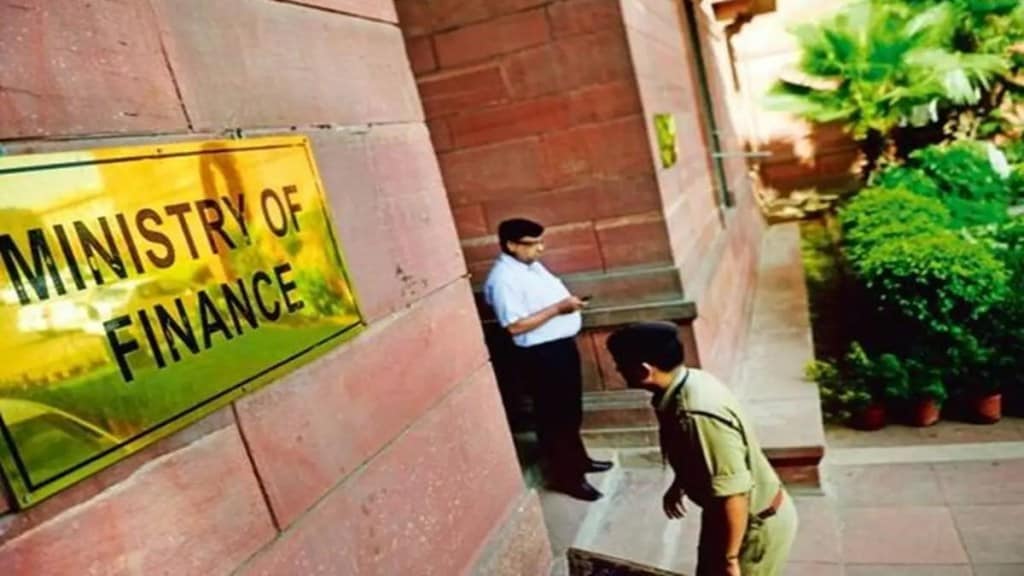The finance ministry has rejected a commerce ministry proposal to expand the scope of the flagship tax remission scheme–RoDTEP– for exporters to include sectors that are currently out of its ambit, official sources told FE. Exporters from sectors such as steel, pharmaceuticals and chemicals are not entitled to get the benefit of the Remission of Duties and Taxes on Exported Products (RoDTEP) scheme.
“The revenue department is of the view that, given the limited resources, the request for additional RoDTEP allocation can’t be accepted. There are important areas and schemes that require larger allocations more urgently, which the finance ministry has to look into at this stage,” one of the sources said.
Acceding to industry demand that all sectors should be provided the RoDTEP benefit to make exports truly “zero-rated” in sync with global best practices, the commerce ministry had proposed the expansion of the remission scheme.
Under this scheme, eligible exporters get refunds in the range of 0.3% to 4.3% of the freight-on-board value of the exported products.
Also Read: No decision yet on extending PMGKAY beyond Dec: Food subsidy to cross Rs 3 trillion this fiscal
The government has budgeted Rs 13,699 crore for the RoDTEP scheme for the current fiscal, up 10% from the revised estimate of Rs 12,454 crore for FY22.
Exports of pharmaceuticals, chemicals and iron & steel (that are outside the RoDTEP ambit) totalled $88 billion in the last fiscal, having recorded an over 31% jump from a year before. They accounted for almost 21% of the country’s overall merchandise exports in FY22.
Analysts have argued that sustained and adequate remission of taxes, in addition to structural reforms, will help exporters improve their competitiveness and better equip them to boost shipments at a time when demand from key markets, such as the US and the EU, has started to falter due to an economic slowdown there. It also remains critical to India’s efforts to scale up goods exports to the targeted $1 trillion by FY30 from $422 billion in FY22.
However, given that the steel, pharmaceutical and chemicals sectors are mostly dominated by large players, their ability to push exports without official succour remains much higher than small and medium businesses, one of the officials said. Moreover, exports of pharmaceuticals and chemicals have performed well in the wake of the pandemic, so these sectors don’t require urgent assistance, said the source.
While the central government’s overall budgetary spending was pegged at Rs 39.45 trillion for FY23, the revised estimate for this fiscal could exceed it by about Rs 2.2-2.7 trillion, according to analysts. The FY23 Budget calculations went haywire after the Ukraine war broke out unexpectedly, and spurt in commodity prices, especially of fertiliser, on top of the continuance of a free ration scheme, substantially inflated the government’s subsidy bill. So, while the revenue mop-up is also expected to exceed the budget estimate for FY23, it will be utilised to fund the additional spending pledges.
For their part, exporters argue that tax remission is their legitimate right and it’s not really a support extended by the government.
Last year, the government notified the RoDTEP scheme, which was to cover as many as 75% of tariff lines, or about 8,555 products. Although it covers over a thousand products (tariff lines) more than the Merchandise Exports from India Scheme (MEIS) that it replaced, the annual budgetary allocation for it is less than a half of the government’s usual outgo under the MEIS. Of course, both the schemes are not strictly comparable, as the MEIS was an incentive programme that ran foul of the World Trade Organization stipulations.


